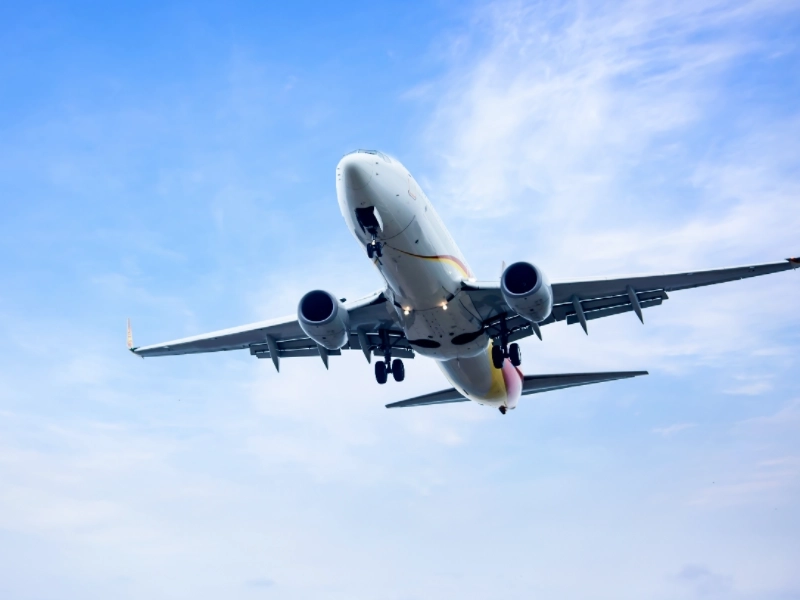- JetBlue becomes the first airline to adopt Amazon’s Project Kuiper low-Earth-orbit satellite service, upgrading its Fly-Fi system with faster speeds and lower latency from 2027.
- The airline continues its free high-speed Wi-Fi offering while introducing a multi-orbit system for greater reliability and connectivity across its fleet.
JetBlue signs first airline deal with Amazon Kuiper
JetBlue has struck a landmark agreement with Amazon to integrate Project Kuiper‘s pioneering low-Earth-orbit (LEO) satellite broadband into its inflight Wi-Fi network. Starting in 2027, a portion of JetBlue’s aircraft will be outfitted with Kuiper technology to enhance the existing free Fly-Fi service with notably faster speeds and lower latency. JetBlue President Marty St. George heralds the deal as “an exciting leap forward…as the hands-down leader in onboard connectivity,” emphasising how it enables passengers to binge-watch, stay connected with loved ones or complete work tasks in the air.
Meanwhile, Amazon’s Panos Panay, senior vice president of Devices & Services, notes that Kuiper ensures reliable high-speed internet whether at home or at 35,000 feet. Project Kuiper is built on a constellation of thousands of LEO satellites connected via optical mesh links, backed by a growing satellite deployment – over 100 already launched, with plans to scale toward 3,200.
Also read: Arm taps Amazon’s Rami Sinno to spearhead AI chip push
Also read: American Airlines offers free Wi-Fi to attract connected travellers
A new benchmark for inflight connectivity
This partnership positions JetBlue at the forefront of airline connectivity, reinforcing its reputation as an innovator in inflight Wi-Fi. Having pioneered free high-speed Fly-Fi across its fleet since 2013, JetBlue now raises the bar by adopting Kuiper’s LEO network, which promises substantial gains in both performance and reliability. In an industry increasingly reliant on seamless internet access – whether for streaming, digital work or communication – this move differentiates JetBlue in its ultra-competitive market.
The timing aligns with Amazon’s broader ambition to close the digital divide and expand its technology footprint beyond e-commerce into sectors like satellite broadband. As CEO Andy Jassy has emphasised, although Project Kuiper is capital-intensive, it represents a meaningful and potentially profitable venture. The rivalry with SpaceX’s Starlink is also front and centre; Starlink already partners with United, Air France and others and operates thousands more satellites, making Amazon’s foray into aviation broadband both bold and strategically vital.
JetBlue – amid sustained strong travel demand and adjusted financial forecasts – leverages this partnership to enhance its customer value proposition. As airline travel rebounds into the fall, the enhanced Fly-Fi could bolster loyalty and differentiate JetBlue’s offering in a cost-conscious market.
This development is positively, it demonstrates JetBlue’s commitment to reinvest in customer-centric technology while maintaining free access – a rarity among airlines. Moreover, it supports Amazon’s vision of infrastructure innovation and competition in satellite broadband. Higher speeds, lower latency, and robust multi-orbit redundancy benefit passengers and set a new industry standard.

